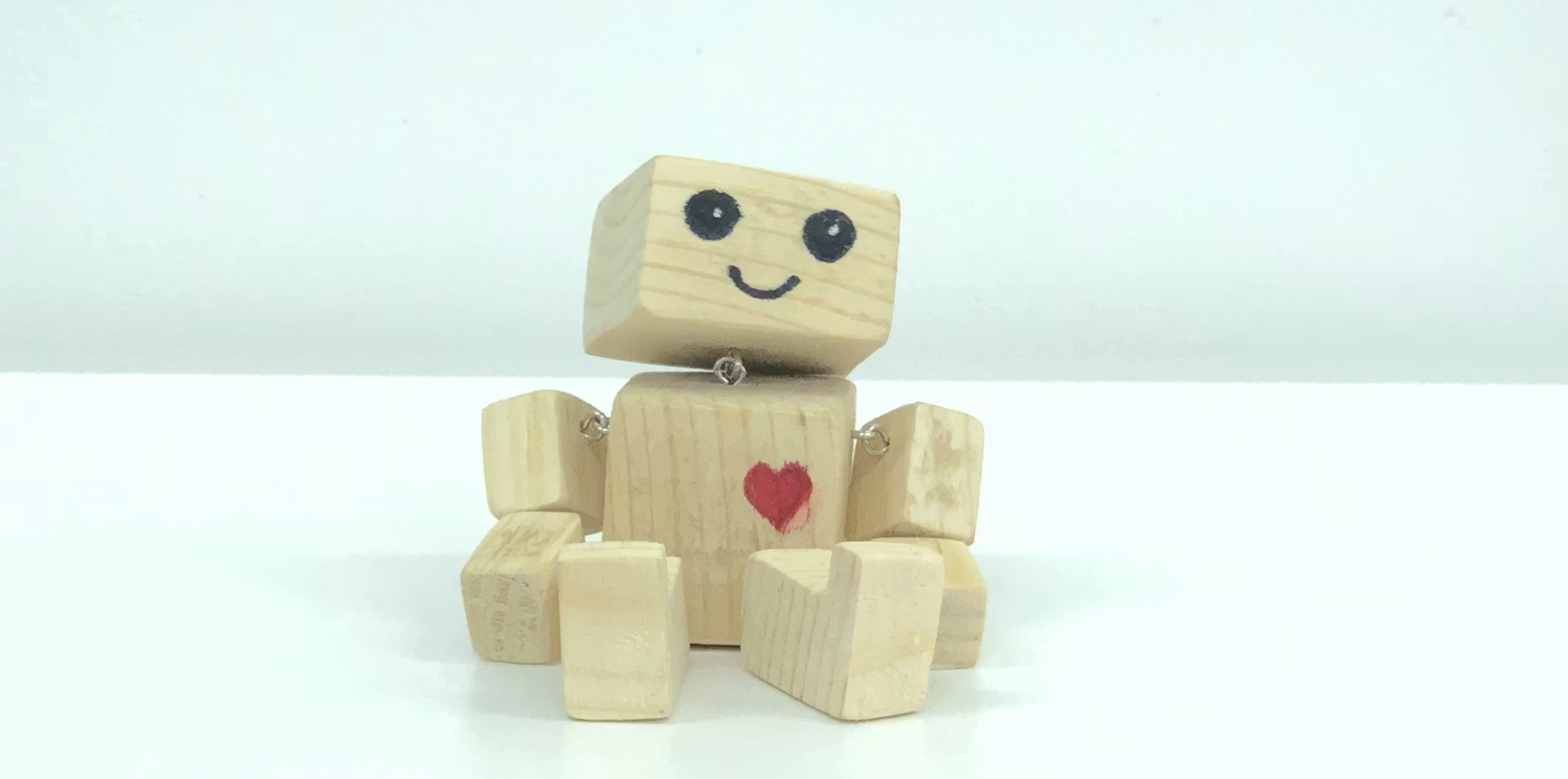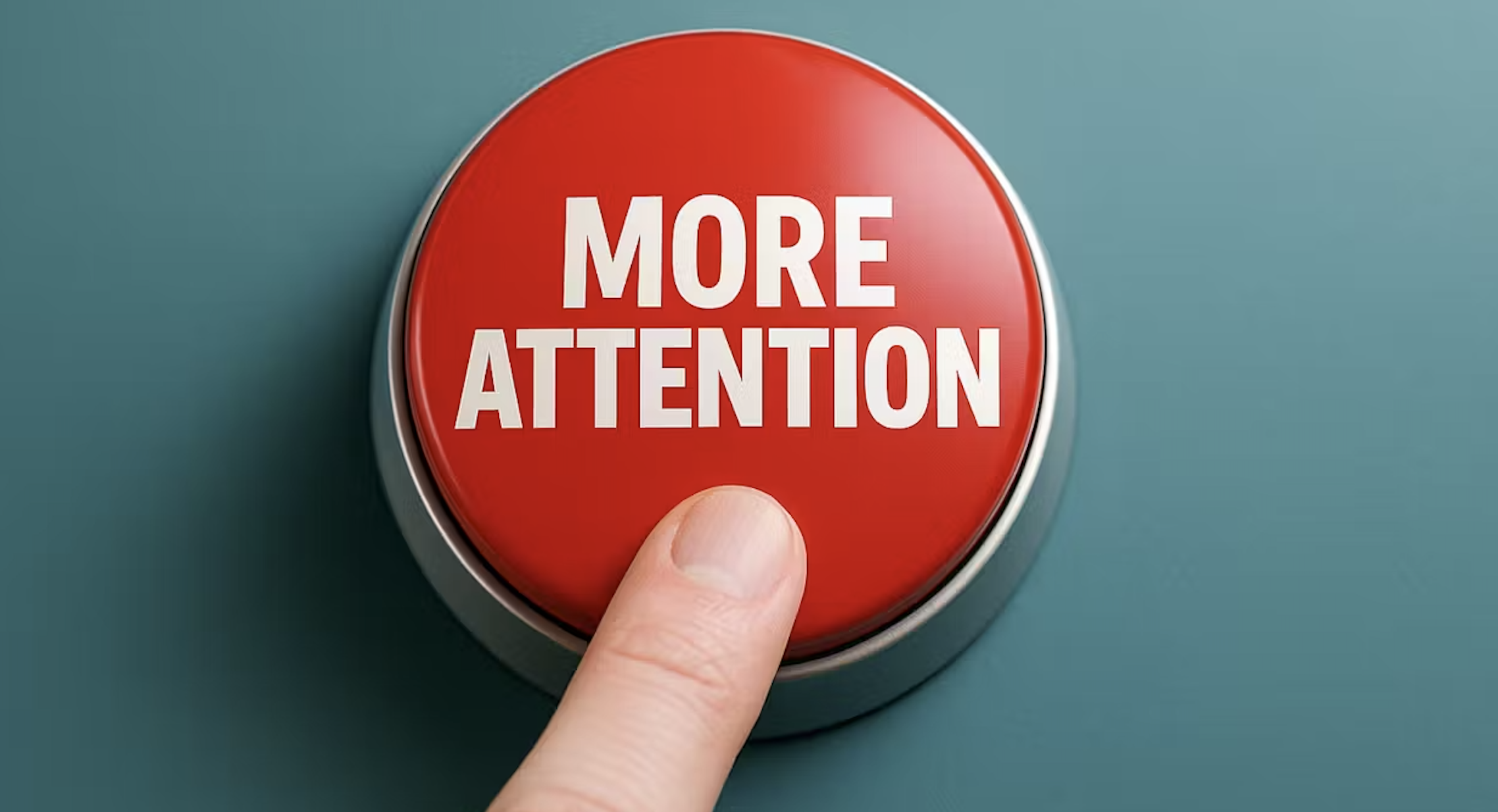The Secret to a Killer Panel Discussion at your Next Conference
I'll admit it... I love conferences. I love to travel, I love networking, I love learning, and I love speaking at conferences. So pretty much everything about conferences appeals to me.
I've had the pleasure of also participating in panel discussions at different times as moderator, panelist, and sometimes audience member. Panels are a great way to connect subject matter experts with people who are interested in learning from them in an informal Q&A format.
Here's the thing: it's really easy to have a boring panel. There, I said it. You know you were thinking it, though.
How many panels have you sat through that held the promise of enlightening discussion, only to end up being a waste of time? I know I've been to my share. I've also been to great panels that provided real value to me and ended up being a great use of my time.
So what's the secret to a great panel? Here are a few elements.
The Right Topic
Be sure your topic is specific and interesting. From what I can tell, most conference organizers choose vague, general topics because they want to be as inclusive as possible and avoid missing anything. However, this is a recipe for an unfocused discussion that will frustrate your audience.
Try choosing a topic that is specific and somewhat spicy. For example, instead of "How to use Social Media for PR," try something like "How to Recover from Social Media PR Disasters." Which one sounds more exciting?
The Right Panelists
I've been on panels before where two of the participants were subject matter experts and the third panelist was thrown in just to round things out but really did not work in the same space as the topic covered. The poor panelist ended up looking very out of place and caused an imbalance in the discussion.
When choosing panelists, be sure to select people who are subject matter experts, who can demonstrate real success stories, and who are interesting and passionate. The right panelists will help a panel discussion really shine.
The Right Moderator
This is the most important element of a great panel discussion. Nothing will kill a panel discussion faster than a boring, long-winded moderator. I've sat on panels where the moderator thought it was a combination fireside chat and solo presentation (with the moderator being the presenter!). They end up sucking up the first 40 minutes of a 60-minute session by telling their own stories and lobbing their own questions at the panelists the whole time. By the time they get to audience questions, everyone is already bored and there is only time for a few questions.
The audience did not come to the panel to hear the moderator. They came to talk to the subject matter experts. The moderator may also be a subject matter expert but that is not his/her role at this time.
A great moderator should follow this formula for running a panel:
- Introduce the panelists in 30 seconds each (don't let them introduce themselves — this sucks up time)
- Start off by asking one interesting question that stirs up a little controversy right off the bat
- Jump straight to audience questions (it's a panel discussion, after all)
- Manage the crowd and the panelists and stay out of the way — be a true moderator
- Make sure panelists really answer the questions (with no dodging difficult questions) — push them if necessary
A great moderator will keep the conversation flowing, will keep any one person from being too long-winded, and understands why people are there... to ask questions! The real value of a panel discussion is letting the audience guide the conversation so they can discuss topics with the panel that are relevant to them. Also, the moderator should not be scared of allowing and even encouraging lively debate.
Plan a successful panel
So next time you are in charge of arranging a panel discussion at a conference, remember the elements that will make it one of the most memorable and valuable sessions at the event. Choose the right panelist, moderator, and topics, and you will create and outstanding learning experience for your audience.



